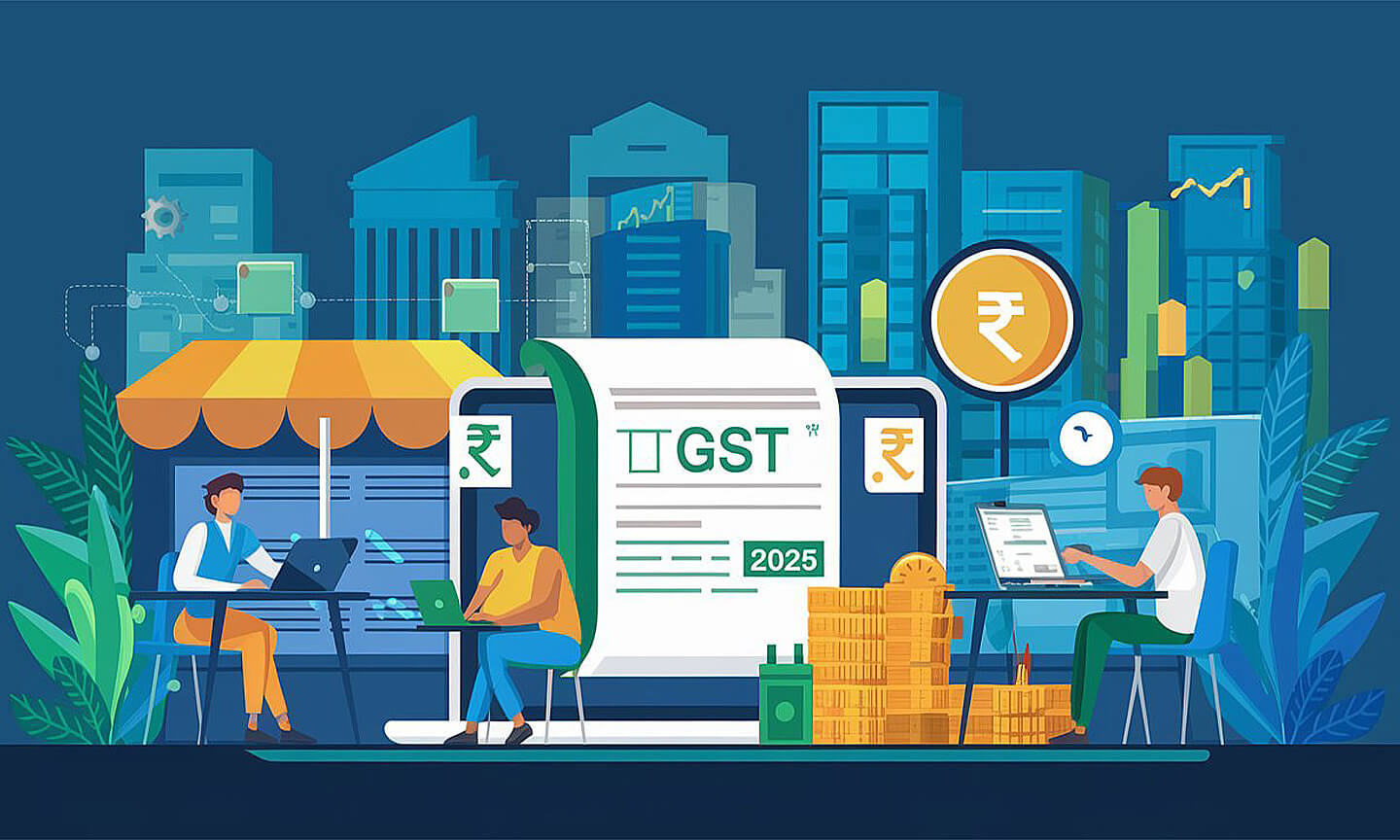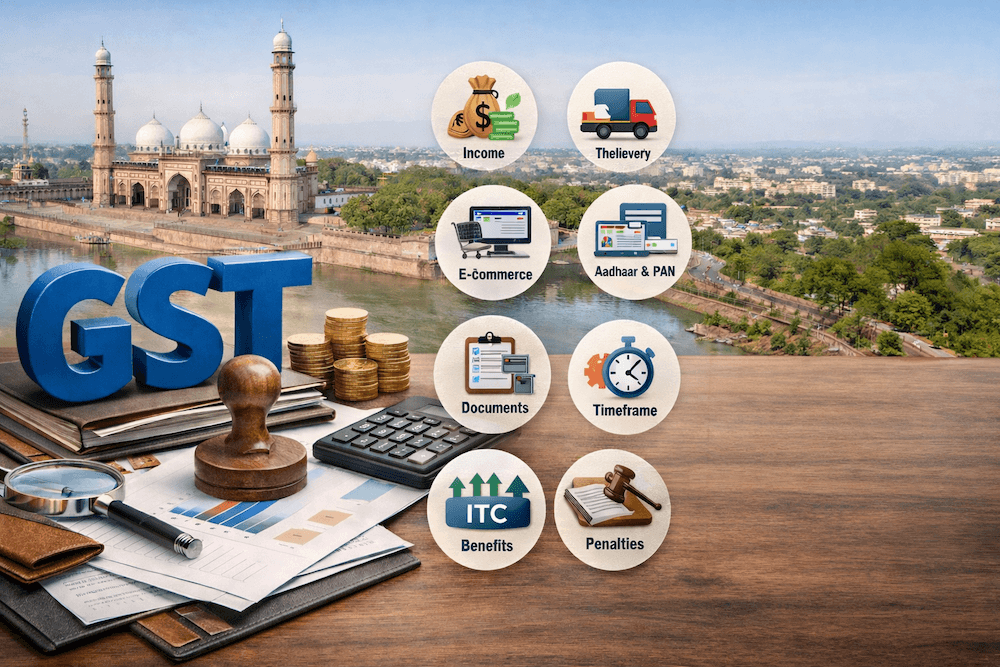GST Updates 2025: Key Changes and Their Impact on Businesses
The Goods and Services Tax (GST) Council recently announced several updates aimed at improving compliance, reducing tax evasion, and simplifying the taxation process for businesses across India. These changes are expected to enhance transparency and efficiency in the GST system.
1. Increased GST Exemption Limit for Small Businesses
The GST exemption threshold for businesses has been increased:
- For Goods: Raised from ₹40 lakh to ₹50 lakh.
- For Services: Increased from ₹20 lakh to ₹25 lakh.
This move is expected to benefit small businesses and startups by reducing compliance burdens.
2. E-Invoicing Mandate Expansion
The e-invoicing requirement has been extended to businesses with an annual turnover of ₹5 crore (previously ₹10 crore). This ensures better tracking of transactions and minimizes tax evasion.
3. Input Tax Credit (ITC) Restrictions
The government has tightened ITC claims, allowing businesses to claim ITC only when their suppliers have filed GST returns and paid taxes. This measure aims to curb fraudulent ITC claims and ensure genuine transactions.
4. GST Rate Changes on Essential Goods & Services
The GST rates for certain products and services have been revised:
- Healthcare and Pharmaceuticals: Certain essential drugs are now taxed at 5% instead of 12%.
- Hotel and Tourism Industry: GST on hotel stays under ₹1,000 per night has been removed to boost domestic tourism.
- Luxury and Sin Goods: Higher GST rates introduced on tobacco products and carbonated beverages to discourage consumption.
5. Faster GST Refund Processing
To improve cash flow for businesses, the government has announced a new system for faster GST refunds. Refund applications will now be processed within 30 days, reducing delays and easing financial stress for exporters and service providers.
Implications for Businesses
These updates aim to ease compliance for small businesses, promote transparency, and streamline GST refunds. However, the stricter ITC rules require businesses to maintain accurate records and ensure timely supplier filings. Businesses must adapt to the new e-invoicing requirements to remain compliant.
Keeping up with these GST changes is crucial for businesses to optimize tax benefits and avoid penalties. Stay informed and consult a tax expert to navigate the evolving GST landscape effectively.





